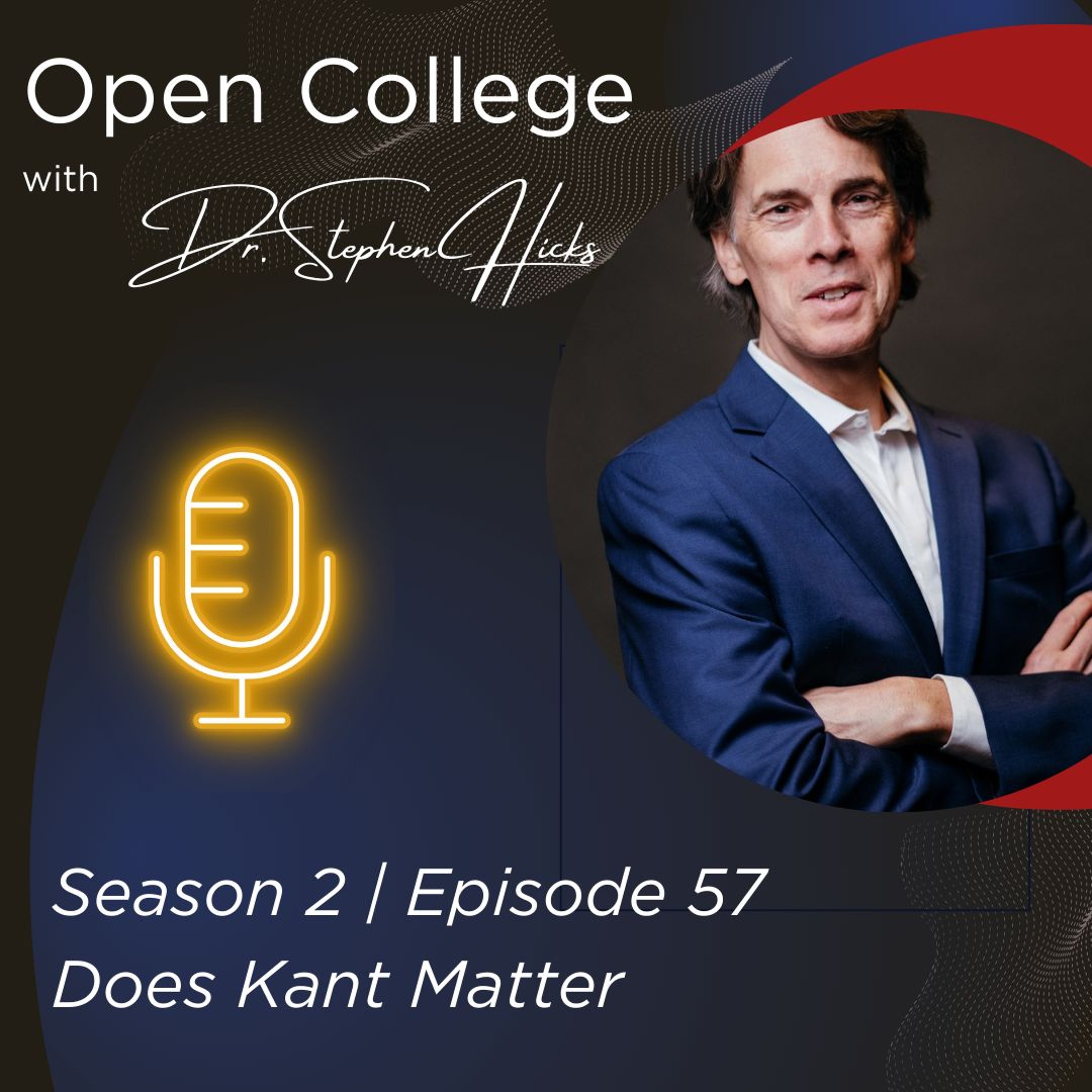Oct 21 2024 58 mins 13
How do we educate students for jobs that do not exist yet? Education is preparation for life, and one’s work is a major component of life. Yet the data indicate that the workplace is transforming dramatically. The number of people working in mature and large corporations has declined. The companies that now top the Fortune 500 list are relative newcomers, as most were entrepreneurial start-ups in this generation. Advancements in robotics indicate that jobs requiring repetitive manual labor will become fewer, and advancements in artificial intelligence indicate that jobs requiring low-level intellectual labor will also become fewer. Thus, more people will be working in entrepreneurial firms, and their work will be more higher-level cognitive and creative. At the same time, we educators cannot predict what entrepreneurial firms will come into existence in this generation or what domains of creative and higher-level cognitive effort they will require. So we educators face the challenge of preparing this generation of young people for more demanding kinds of work, to work in more entrepreneurial firms, or even for becoming entrepreneurs themselves. That poses a philosophical and strategic challenge for education: How should we do that?
